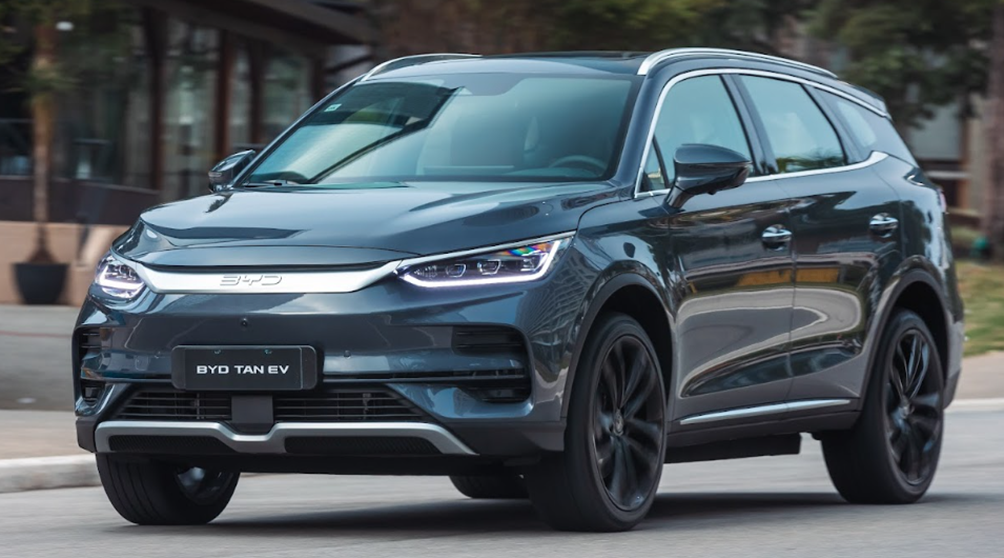As we steer further into 2023, a fascinating shift is taking place in the automotive world. According to Bloomberg Green, global sales of electric vehicles (EVs) are expected to surpass 14 million by the end of the year, marking a significant milestone in sustainable transportation. Yet, the question persists: Are EVs truly the best choice, or do hybrids and traditional gas-powered cars still hold ground? In this article, we’ll explore the latest trends in sustainable driving choices, comparing EVs, hybrids, and gas vehicles, and helping you decide which path to take.
The Rise of Electric Vehicles (EVs) in 2023
EV Market Growth
Electric vehicles are no longer just a futuristic concept; they are a thriving reality. In 2023, EVs have seen remarkable growth, with major brands like Tesla, Rivian, and BYD leading the charge. According to InsideEVs, Tesla’s Model Y and Model 3 continue to dominate sales charts, while new entrants like Rivian’s R1T and the Hyundai Ioniq 5 are gaining traction. This year, we’re seeing:
- Increased Range: New battery technologies have pushed range limits to over 400 miles on a single charge for vehicles like the Lucid Air.
- Faster Charging: The expansion of fast-charging networks, such as Tesla’s Supercharger and Volkswagen’s Electrify America, means shorter downtime for drivers.
- Government Incentives: Countries around the globe, including the U.S., China, and several European nations, are offering tax credits and rebates to encourage EV adoption.
Charging Infrastructure: How and Where to Charge
One of the main concerns for potential EV buyers is charging infrastructure. Fortunately, 2023 has seen significant improvements in this area:
- Home Charging: Most EV owners charge their vehicles at home overnight, which is convenient and cost-effective.
- Public Charging Stations: With over 1.5 million public charging stations worldwide, finding a spot to charge your EV is easier than ever.
- Charging Apps: Apps like PlugShare and ChargePoint can help you locate nearby charging stations and even reserve a spot in advance.
Hybrids: The Best of Both Worlds?
Why Choose a Hybrid?
Hybrids offer a compelling middle ground between electric and gas vehicles. Brands like Toyota and Ford have long been pioneers in this segment, with models like the Prius and Fusion Hybrid:
- Fuel Efficiency: Hybrids use a combination of gas and electric power, resulting in exceptional fuel economy. According to AutoCar, the 2023 Toyota Prius averages 56 mpg.
- Lower Emissions: By relying on electric power at low speeds, hybrids produce fewer emissions compared to traditional gas vehicles.
- No Range Anxiety: Unlike EVs, hybrids don’t solely rely on charging stations, making them ideal for long-distance travel.
What to Compare When Buying a Hybrid
When considering a hybrid, focus on these aspects:
- Battery Life: Check the warranty and expected lifespan of the hybrid battery.
- Maintenance Costs: Hybrids often have lower maintenance costs than gas cars due to less wear on the engine.
- Resale Value: Hybrids tend to hold their value well, thanks to their fuel efficiency and environmental benefits.
Gas-Powered Cars: Are They Still Relevant?
Gas Cars in a Sustainable World
Gasoline vehicles have been the backbone of transportation for over a century. In 2023, they still hold relevance, particularly in regions with limited EV infrastructure:
- Affordability: Gas cars are generally cheaper upfront compared to EVs and hybrids.
- Infrastructure: With an extensive network of gas stations, refueling is quick and convenient.
- Performance: Many gas vehicles offer superior performance, with powerful engines and advanced driving dynamics.
Tips for Gas Car Owners
If you own a gas car and want to minimize your environmental impact, consider these tips:
- Regular Maintenance: Keeping your car well-maintained can improve fuel efficiency and reduce emissions.
- Eco-Driving Techniques: Adopt driving habits like smooth acceleration and maintaining steady speeds to conserve fuel.
- Offset Programs: Participate in carbon offset programs to compensate for your vehicle’s emissions.
Conclusion: Choosing Your Sustainable Path
In the ever-evolving landscape of sustainable transportation, 2023 presents a wealth of choices. Electric vehicles are rapidly becoming the norm, with impressive advancements in range and charging infrastructure. Hybrids continue to offer a balanced alternative for those not ready to fully commit to electric, while gas cars maintain their appeal with affordability and performance.
Ultimately, the best choice depends on your lifestyle, driving habits, and environmental priorities. Whether you’re drawn to the cutting-edge technology of EVs, the versatility of hybrids, or the familiarity of gas vehicles, the future of driving is undoubtedly turning green.
What’s your sustainable driving choice for 2023? Share your thoughts in the comments below, and let’s drive the conversation forward. As we look ahead, the integration of autonomous technology and further advancements in battery efficiency promise to reshape our roads even more dramatically. Stay tuned for what’s next in the world of sustainable mobility!

